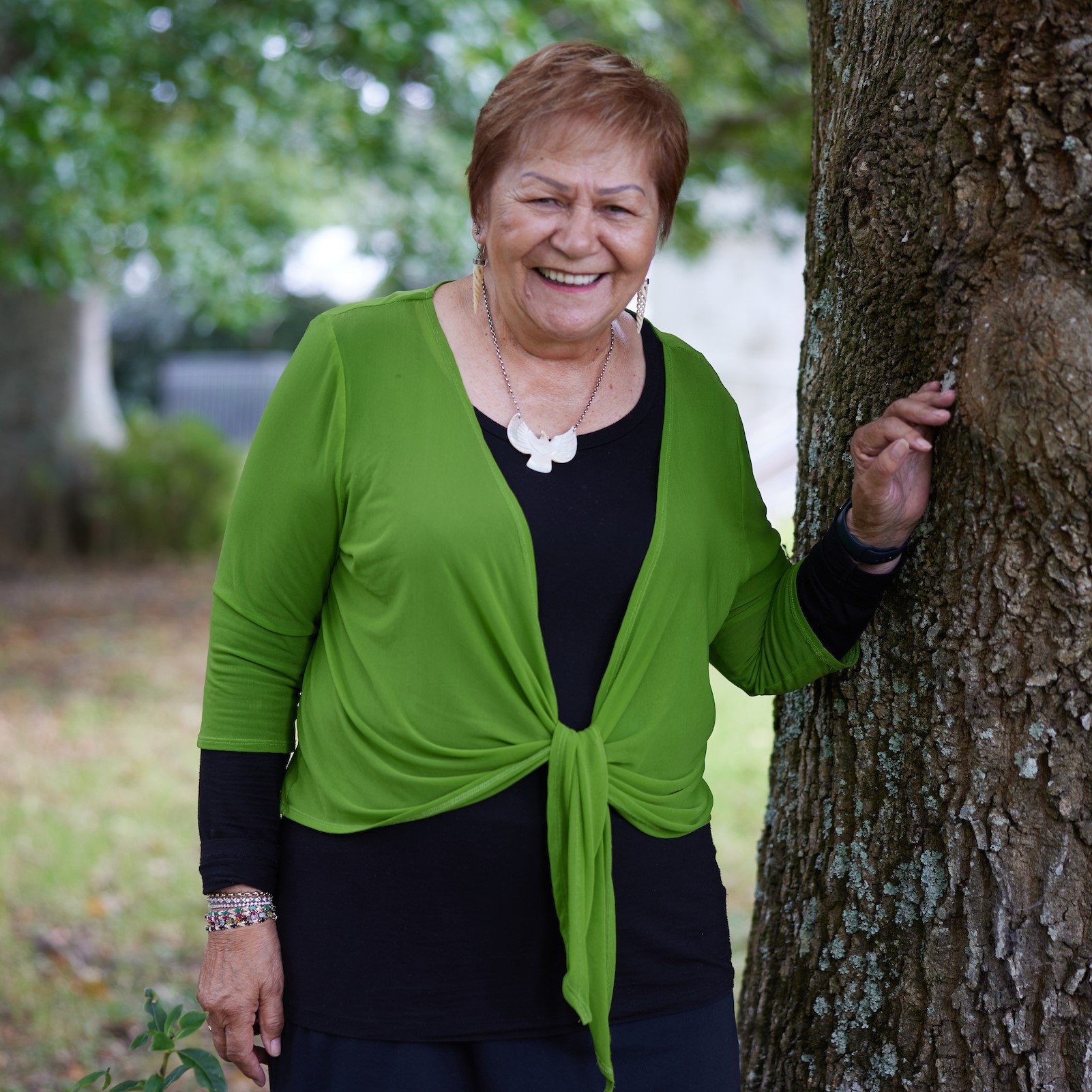Dame Rangimarie Naida Glavish
When Dame Rangimarie Naida Glavish worked as a telephone operator for New Zealand Post in 1984, it was only natural for her to greet her callers by saying ‘kia ora’.
Having been raised in Kaipara Harbour by her Māori-speaking grandmother, Ngapeka Teririkore Nahi, Te Reo Māori was part of her identity.
She never expected that her words would cause a national stir and she would become known as ‘the kia ora lady’ – or that Māori education, health and community advocacy would become her life’s work.
Dame Naida was reprimanded by her bosses for saying ‘kia ora’ instead of using an English greeting. By continuing to defy them she risked losing not only her job, but her home. As a single mother, she and her children lived in post office accommodation. But despite all she had to lose, she had a sense that the issue was bigger than her situation and stood fast.
“A voice came into my head; it was clear as a bell. It said, ‘This is far greater than just you’. I knew that was my grandmother.”
As a child, Dame Naida’s grandmother would sing a Māori lullaby, whose words translate as ‘When you see something wrong in front of you, you are duty bound to correct it. For if you do not, you will become it’.
“I knew I was right, and I wasn’t going to allow myself to become a part of someone else’s wrong,” says Dame Naida, who explains that te reo is more than just a language, it is a crucial part of identity.
“My reo to me, it’s in my blood, it’s in my bone structure, it’s in my mind, it’s in my whole body. It’s in my genealogy. It’s who I am. That’s what it means to me, it’s absolutely who I am.
“In reo Māori, it’s the tone of your voice that determines exactly what the meaning is in depth. So, you become the language when you speak it. It is you.”
The ‘kia ora’ incident made front-page national news, and Dame Naida had the support of the New Zealand public, who began phoning especially to speak to “the kia ora lady”. Airline pilots began saying kia ora, and the Auckland University student newspaper changed its name from Craccum to Kia Ora for its next issue.
Prime Minister Robert Muldoon showed his support, Dame Naida kept her job, and the “kia ora incident” ignited national debate. It became a turning point in the use of Te Reo Māori in everyday conversation. Three years later, Te Reo Māori was recognised an official language.
Dame Naida believes New Zealand was ready for the change.
“I always say that I fought the battle, but it was actually the country that won the war. There were strong elements in the country that were very supportive.
“Schools around the country wrote to me, and I wrote back to every one of them. That was my gratitude.”
Dame Naida continued her work with Te Reo by training as a Māori language teacher in Auckland schools, before turning her focus to equity for Māori in the health system.
Working as a cultural advisor, she became a champion of instilling appropriate cultural support for Māori patients in Auckland. In 2017 she was made a Dame Companion of the New Zealand Order of Merit for this work.
On her first day of the job in 1990, fresh in her mind was her own experience of her mother staying in Greenlane Hospital after having a stroke. The doctors said she wasn’t expected to live beyond the day (although she lived another 18 years).
“Within one hour, there were 10 of us around her hospital bed,” recalls Dame Naida.
At the time there was no cultural practice at the hospital, so the whānau had to sleep in their cars.
“When I started my work at Greenlane, the very first thing I did was establish a place where people who had to travel to the hospital could have overnight accommodation.”
She also established whānau rooms, which have become standard in New Zealand hospitals.
Dame Naida continues to make a difference in this area as the Chief Advisor Tikanga Māori for Te Whatu Ora Waitematā and Te Whatu Ora Te Toka Tumai Auckland. In this role she has led the writing, development and implementation of bicultural policies and tikanga-recommended best practice guidelines.
Dame Naida says that by embracing and respecting tikanga practices in hospitals, we are improving Māori health outcomes. When we include whānau, there is a healing process that happens, she explains.
“It’s physical and spiritual and psychological wellness. It’s not just the doctor who actually offers the healing of the patient. Eyes are healing, ears are healing. If you are sick in hospital and someone you love walks in, immediately that has an impact on your whole system and brings healing. There’s a healing process that’s not inside a pill or a stethoscope.
“We Māori made the in-roads in this area, but they are beneficial to every patient, not just Māori.”
Dame Naida is involved with a range of other iwi, government and community organisations as an active member or advisor.
Her dream is to see a totally bilingual Aotearoa. There is still work to be done both in the area of te reo Māori and tikanga practices.
As a winner of the Blake Medal, she says that great leaders have commitment and a future-focused view.
“Leadership means to me that one does not necessarily need to lead from the front, one could also lead from the back or lead from the middle. The point is to be able to make it clear and concise of your expectations, and that everything you do is ethical and is in the interest of the collective.”
As a mother of five, grandmother of 19 and great-grandmother of 42, she is constantly aware that her work is her momo (inheritance) for the future. Just as she is following in the footsteps of other trailblazers such as Dame Whina Cooper and Sir Apirana Ngata.
“All of this work is to inspire the mokopuna and to inspire those greats coming up. I can’t possibly sit still when there is work to be done, especially if I know I can do it.”


